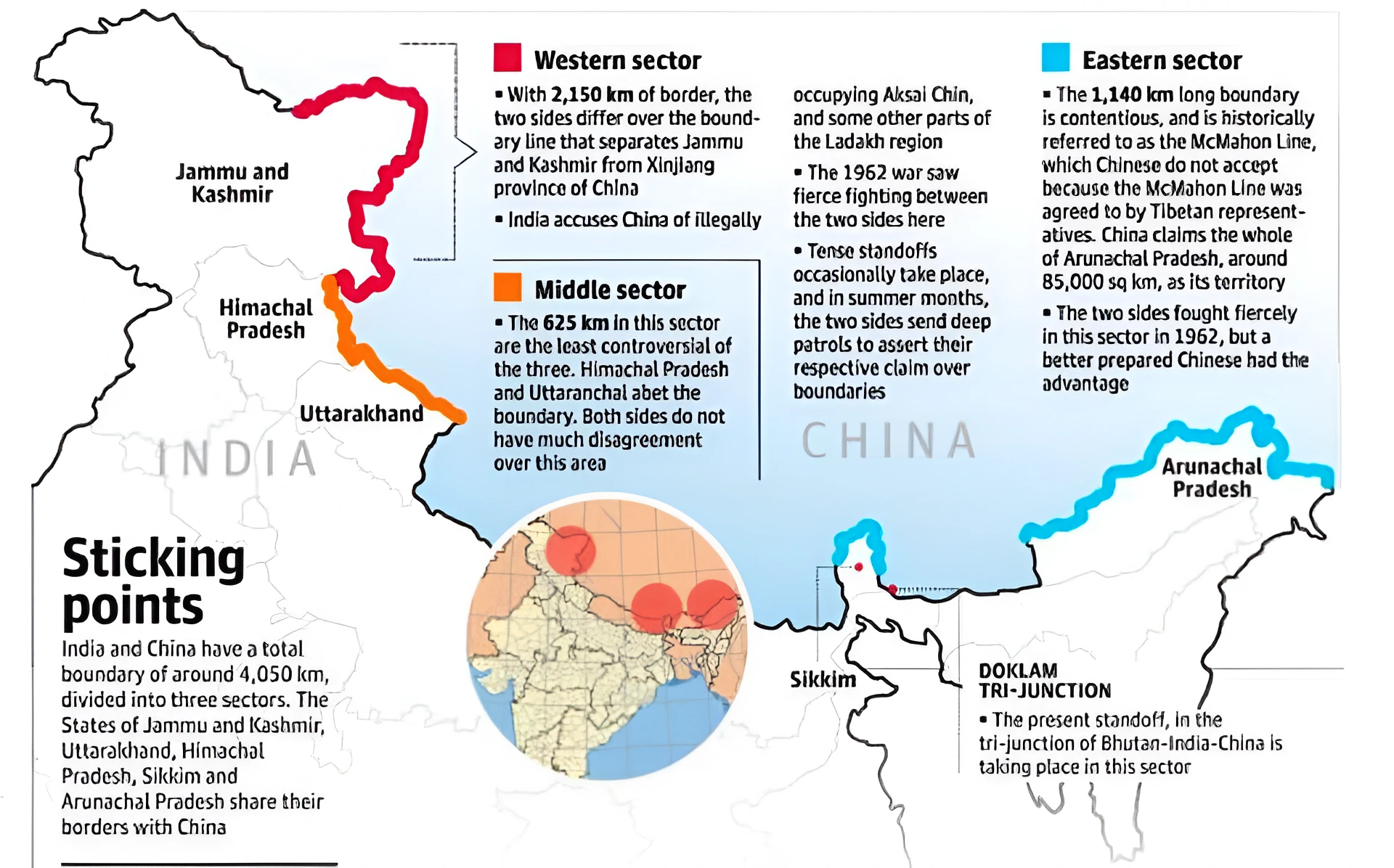![]() 16 Jan 2024
16 Jan 2024
English
हिन्दी
Recently, the Border Roads Organisation (BRO) has utilized the ‘Rejupave technology to build bituminous road sections at the world’s highest Sela road tunnel and LGG-Damteng-Yangste (LDY Road) road section near the China border in Arunachal Pradesh.
 Bituminous Road: It is also known as the asphalt road, is a type of road construction that involves the use of bitumen as a binding agent to hold together a mixture of aggregates.
Bituminous Road: It is also known as the asphalt road, is a type of road construction that involves the use of bitumen as a binding agent to hold together a mixture of aggregates. | Sela Road Tunnel: It aims to provide “all-weather” connectivity to Tawang, a remote and strategically significant district in the region. It will be the world’s longest bi-lane tunnel at an altitude above 13,000 feet. |
|---|
News Source: Times of India
| Must Read | |
| NCERT Notes For UPSC | UPSC Daily Current Affairs |
| UPSC Blogs | UPSC Daily Editorials |
<div class="new-fform">
</div>